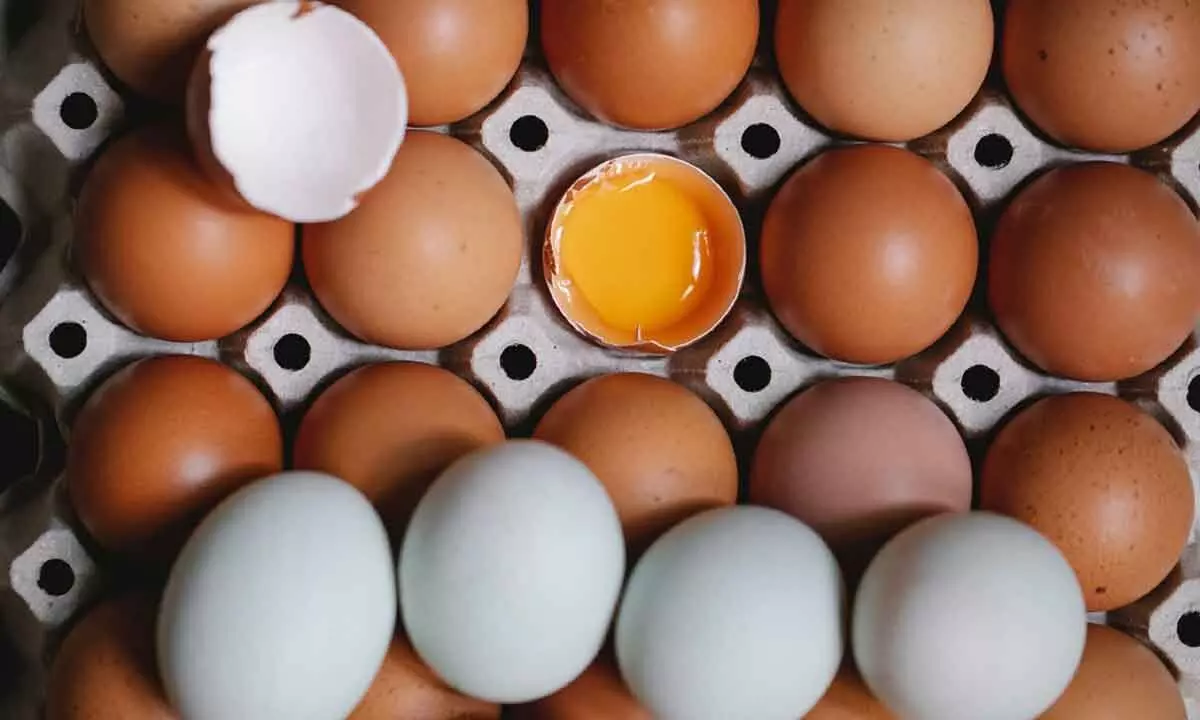New Zealand suffers egg supply shortage

New Zealanders have been suffering from an egg supply shortage for more than a month, which had even affected Christmas and New Year celebrations.
New Zealanders have been suffering from an egg supply shortage for more than a month, which had even affected Christmas and New Year celebrations.
Egg supply is looking light across New Zealand right now, especially on the shelves of various supermarkets and grocery shops in big cities, reports Xinhua news agency.
Shelf limits, or temporary out of stocks, have made New Zealanders anxious to get more eggs during the past holiday season.
In 2012, the New Zealand government introduced legislation phasing out caged eggs at the end of 2022, which was a significant change for the egg supply industry.
While caged eggs are being phased out, there's a decrease in the overall supply of eggs in New Zealand.
Major supermarket chains have been working hard to combat the dip in egg supply.
One of the country's largest retailers PAK'nSAVE said in a statement that it is committed to working closely with the government and New Zealand egg suppliers to meet the target to become fully cage-free by 2027.
They are working closely with suppliers to help manage the transition to get egg supply in their stores back up to normal levels as quickly as possible for customers, it said.
Another supermarket chain Countdown said on Friday they have been working with farmers since 2016 to prepare for the phasing out of battery and colony-caged eggs.
In 2017, Countdown announced that it would phase out colony-caged eggs in the North Island by the end of 2024, and in the South Island by the end of 2025.
Besides the mandated phase out of battery-caged eggs at the end of 2022, the current supply challenges are also due to significant disruptions New Zealand farmers have seen in the last couple of years, such as COovid-19 which caused considerable ups and downs in demand for eggs, Countdown said.
The war-related international factors have meant a massive spike in feed prices, and supply chain disruptions have made it challenging for farmers to even source building materials needed for new egg farming systems, it said.














